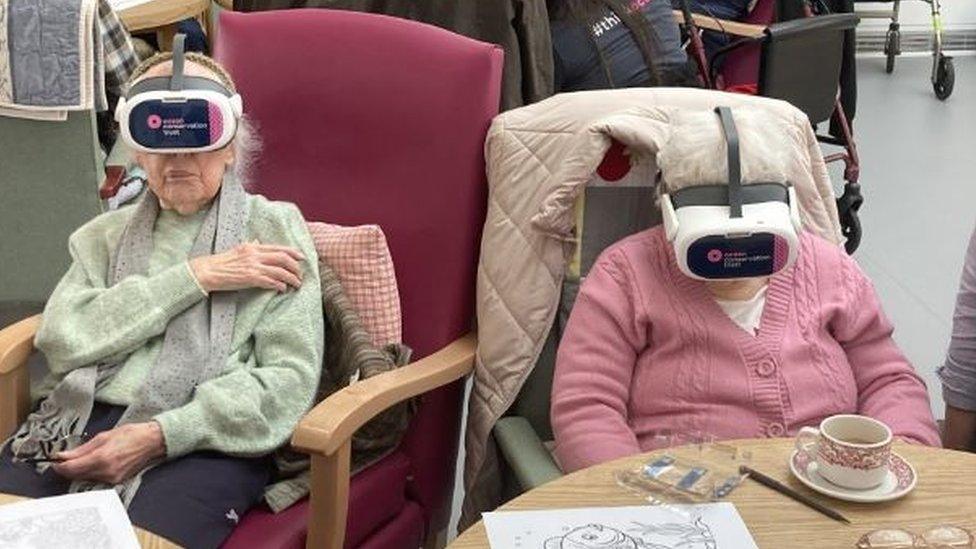Hopes 'power of VR' will improve patient experience
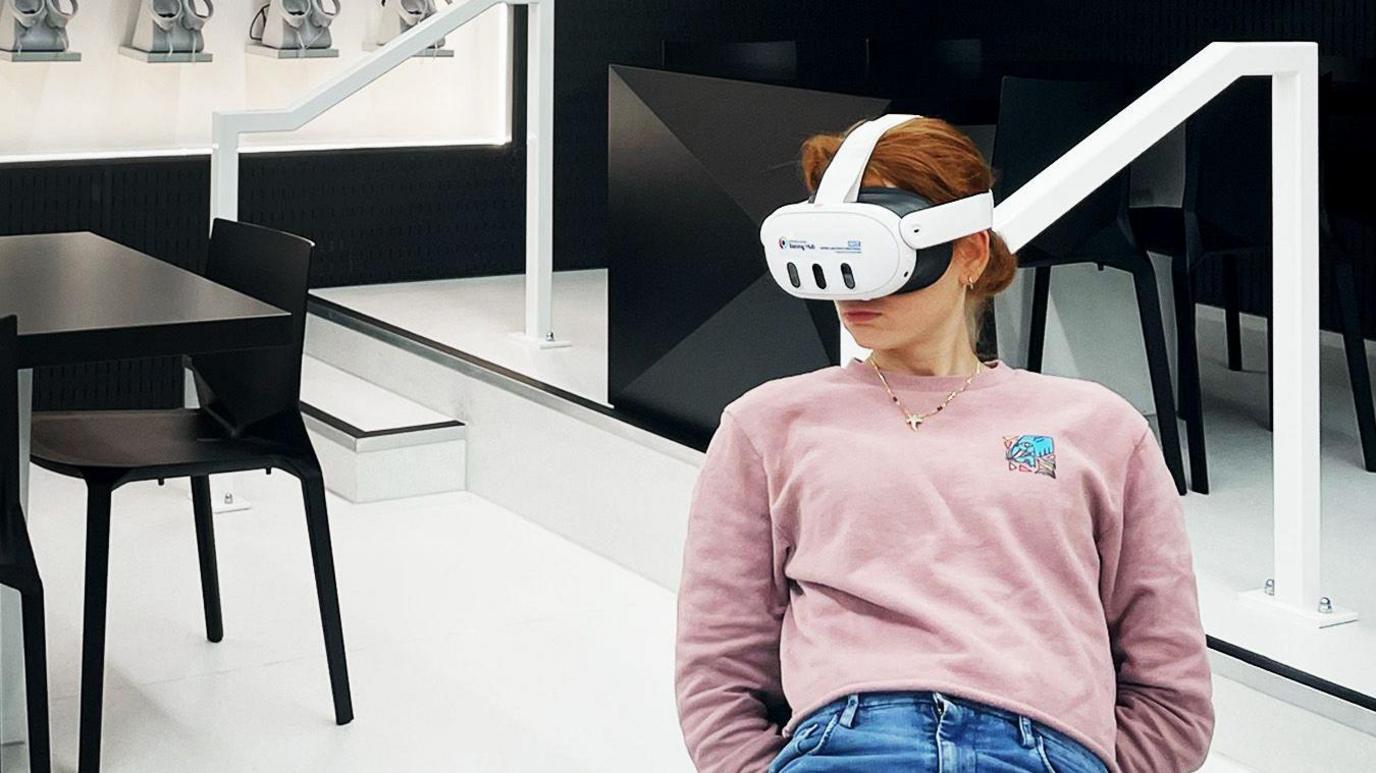
The Insight Programme uses a range of new technology, including state-of-the-art VR headsets, which enable clinicians to see things from a patient’s perspective
- Published
NHS workers in Suffolk and Essex have been using the "power of virtual reality" to fully "immerse" themselves in the patient experience as part of a new scheme.
The Insight Programme uses a range of new technology, including state-of-the-art VR headsets, which enable clinicians to see things from a patient’s perspective.
The interactive filmed scenarios allow them to follow the patient’s journey from initial presentation and consultation to diagnosis and treatment.
The technology also enables the likes of GPs, physiotherapists, paramedics and physician associates to engage with specialist learning resources along the way.
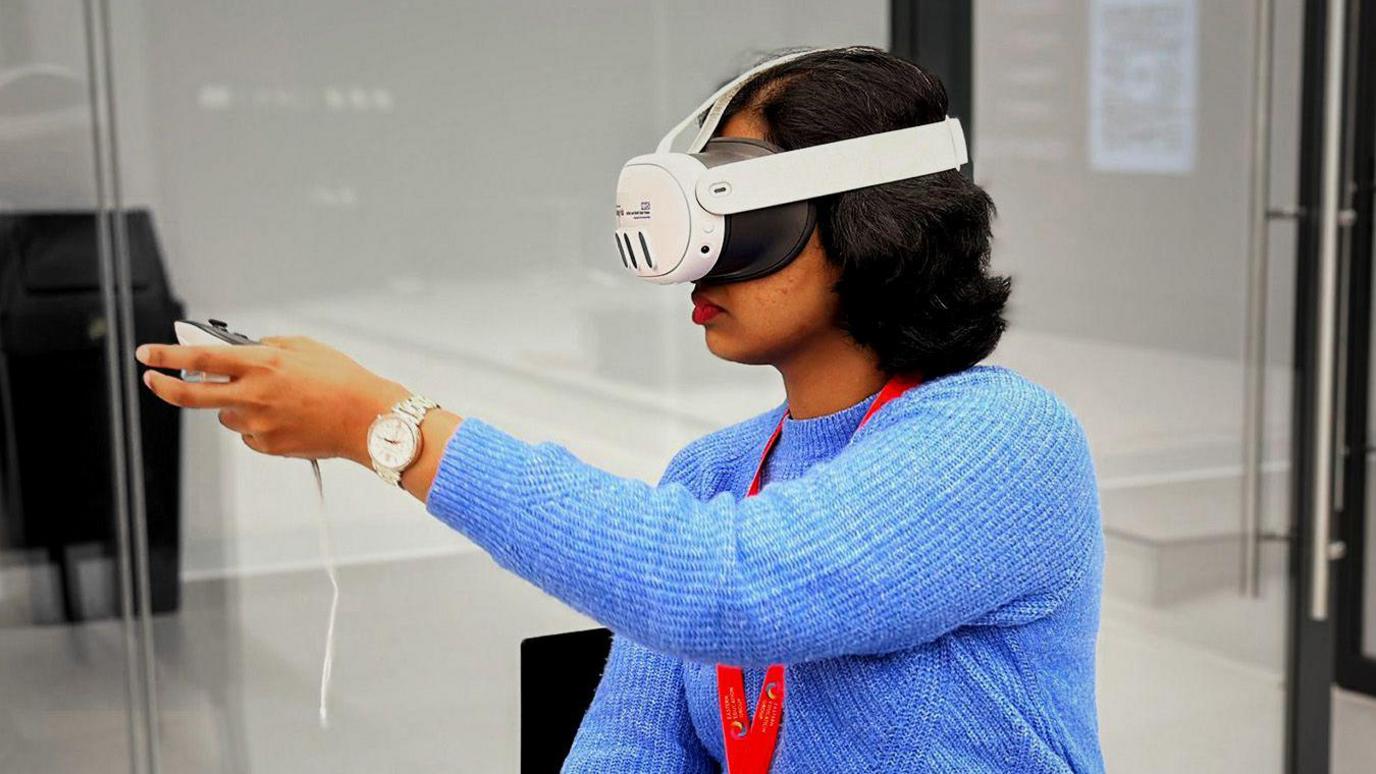
The training programme gives health clinicians an insight into the patient experience
David Cargill, a GP at Stowhealth in Stowmarket, said he was "very excited" about the potential of the new training programme, which is being run at West Suffolk College, external.
He said: "We’ve had two focus groups evaluating the training modules for some time now and the results are very positive.
"It’s a totally immersive experience that is so much more effective than sitting in a lecture or a face-to-face tutorial.
"When you experience the training, you immediately feel empowered to put it into practice with a patient.
"It takes you through different scenarios and allows you to consult specialist advice on how to deal with the difficult questions patients often ask."
The new training platform has been developed by the Suffolk and North East Essex Training Hub, external, the Suffolk-based Revolve Labs, external, and Eastern Education Group, external (EEG).
The two-hour modules, delivered via special VR headsets or by using a laptop or mobile can be viewed in one go, or in bite-size 30-minute chapters.
Integrated ‘stop and think moments’ prompt users to review key learning points and deepen their understanding of diagnosis and treatment.
The first sessions focus on fibromyalgia and chronic pain while modules about dementia and conflict resolution and de-escalation are now in the pipeline.
Dr Cargill added: "The training uses interactive scenarios which give you the choice of viewing consultations from both the patient and practitioner point of view.
"But it also has embedded video content from healthcare specialists which provides in-depth commentary on different medical conditions.
"It enables you to anticipate the kind of questions you might get asked by a patient and see from their point of view what the best way of answering them might be."
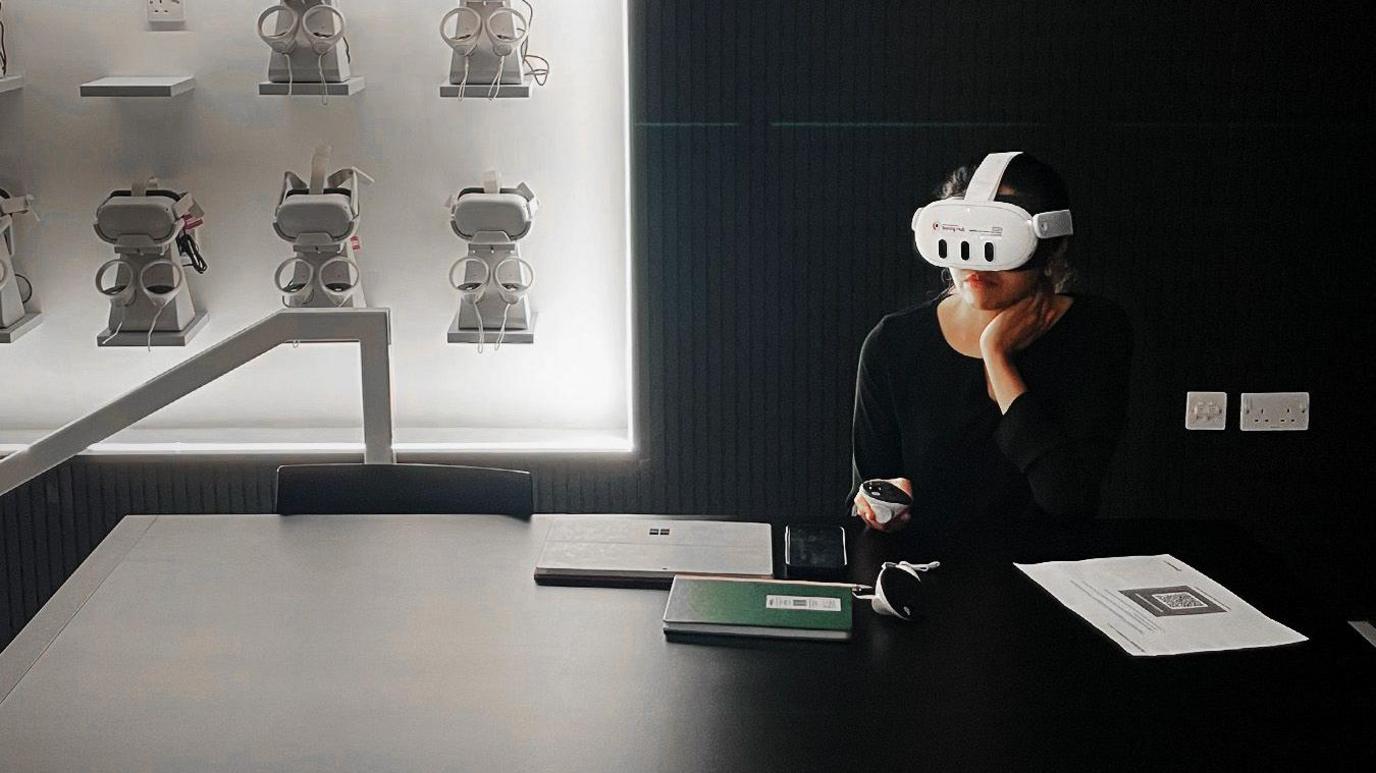
The first module focuses on fibromyalgia and chronic pain while modules about dementia and conflict resolution and de-escalation are now in the pipeline
As well as supporting existing staff, it can also help the future workforce, enabling students, trainees and work experience interns to gain an understanding of the NHS.
Hamish Mackenzie, founder of Revolve Labs, said: "The Insight Programme uses the power of virtual reality to create immersive educational experiences.
"Our approach facilitates faster, deeper and longer lasting learning compared to face-to-face or e-Learning methods.
"VR training enables professionals to build the knowledge, skills and confidence they need to improve the patient experience and strengthen team performance.
"We believe VR training has huge potential to provide better healthcare to local people."
Get in touch
Do you have a story suggestion for Suffolk?
Follow Suffolk news on BBC Sounds, Facebook, external, Instagram, external and X, external.
Related topics
- Published12 September 2024
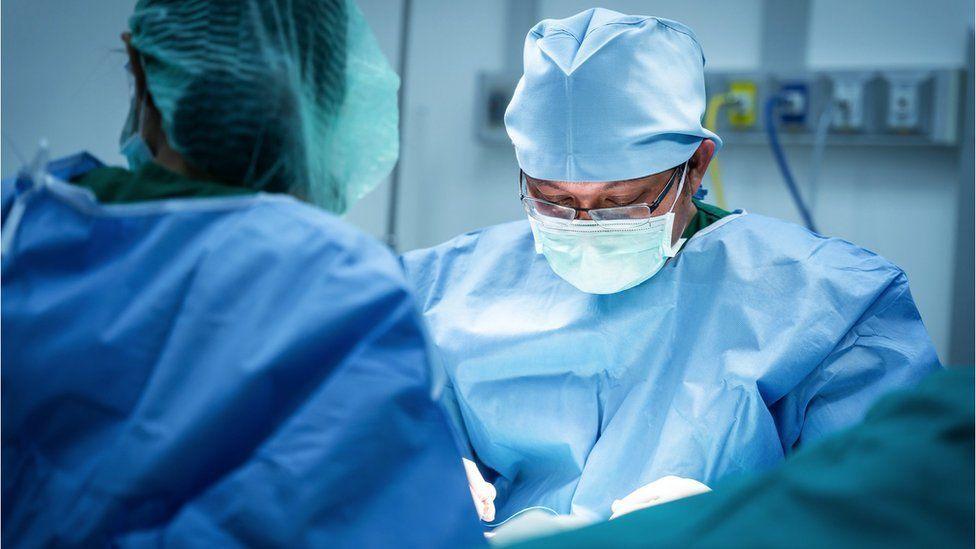
- Published24 July 2024
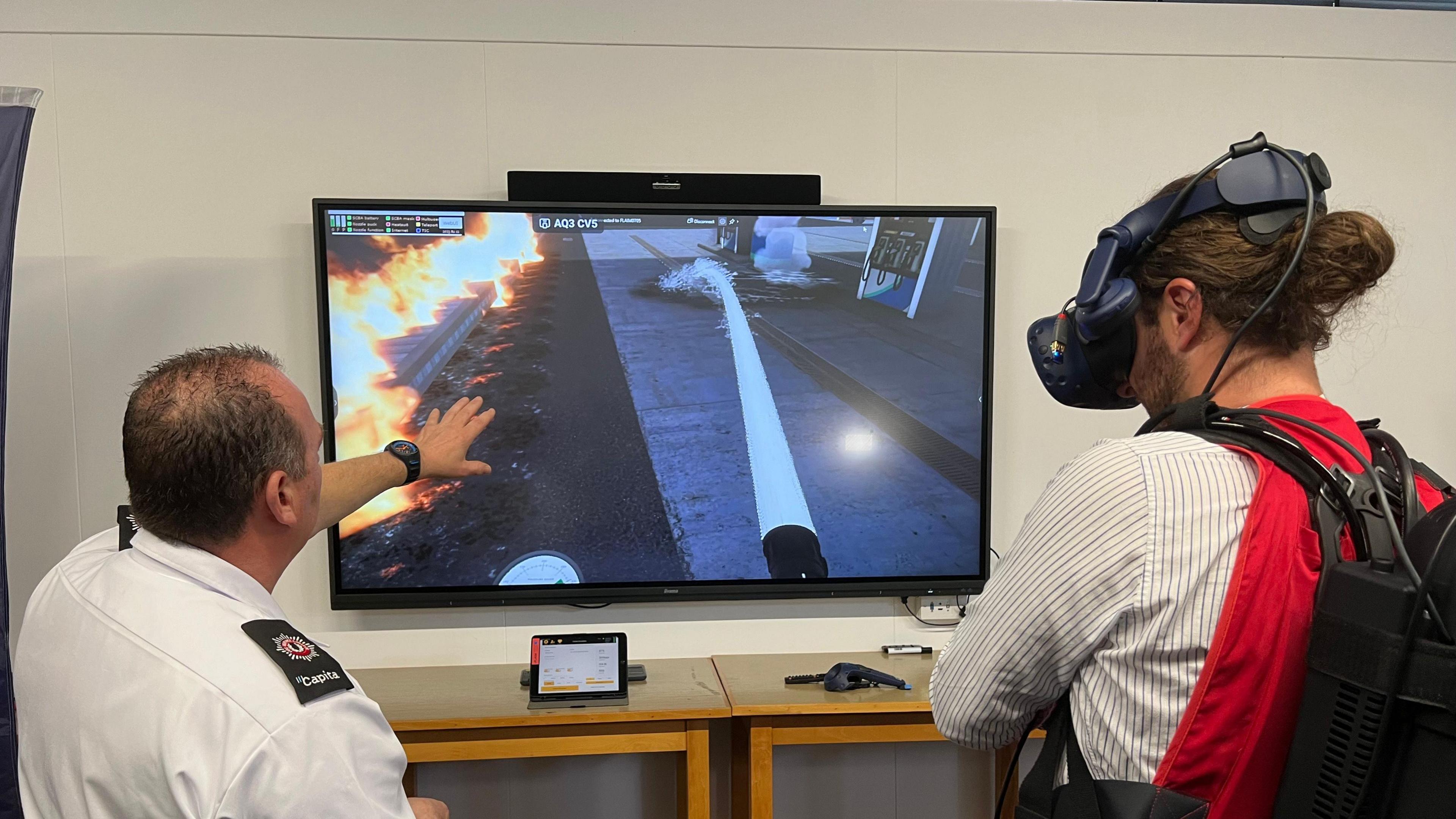
- Published1 May 2024
